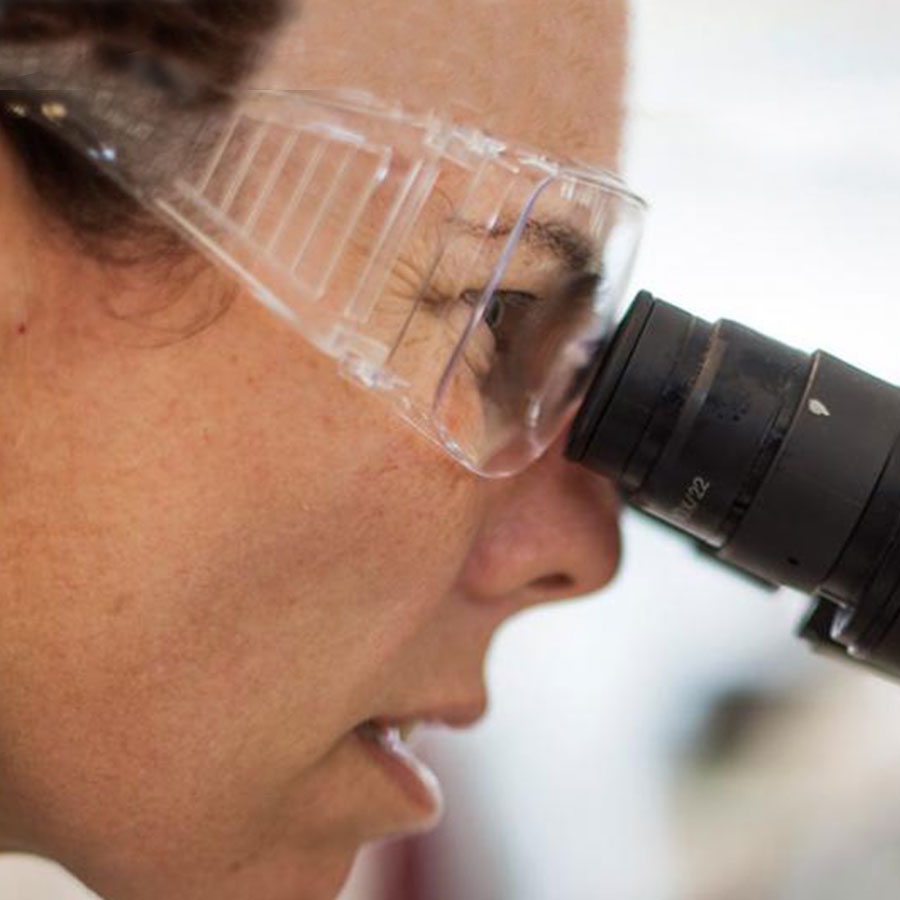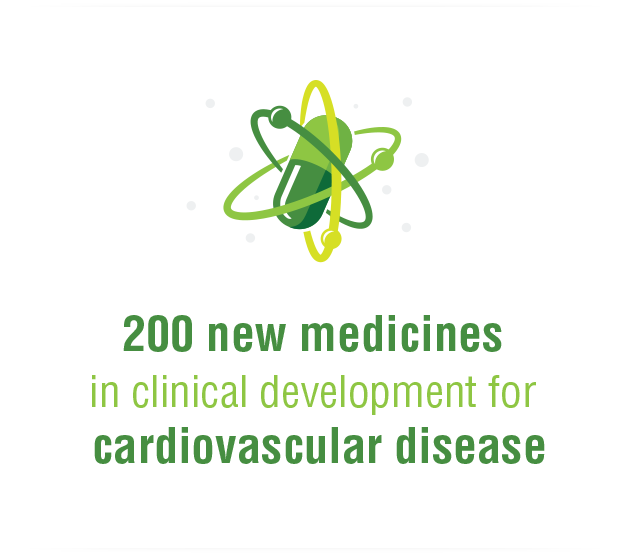Daily Discoveries
Dr. Allport-Anderson works to find new medicine for cardiovascular metabolic diseases, which can lead to health problems such as heart attacks and diabetes.


Dr. Allport-Anderson works to find new medicine for cardiovascular metabolic diseases, which can lead to health problems such as heart attacks and diabetes.
While completing her PhD, Dr. Allport-Anderson became interested in white blood cells, specifically how they do their job of fighting infection, along with the various problems that can arise long term, such as post-viral fatigue. After witnessing her brother-in law suffer a heart attack at a young age, Jennifer knew that she wanted to take her expertise in cardiovascular diseases and apply it to helping people.
“Since I’ve been at Novartis, it’s been hugely rewarding to work on a number of different projects here. Despite the rewards though, it’s important to understand how hard all of this can be,” says Allport-Anderson. “Science is already extremely difficult. Then you layer on the fact that you’re trying to understand a specific mechanism and pathway that’s involved in a disease. Most of us who are in drug discovery know that we have to be in it for the long haul, and we’re committed to the end-game – getting the drugs to the patients.”
Looking towards the future, Dr. Allport-Anderson is most excited about the ability to use genetic information to understand disease with advancements in technology. “We’ve totally flipped the way we do drug discovery. We used to just inject compounds into animals and see which ones live and die. But that’s slow and is very hit or miss. We’re so much better educated now on important pathways and genes/proteins in the process,” says Allport-Anderson. “We’ve gotten progressively better at connecting the dots and monitoring biomarkers for drug efficacy and patient selection. The evolution in technology and how that affects how we approach this information and get meaningful points out of it also excites me.”


Make your voice heard to protect innovation.